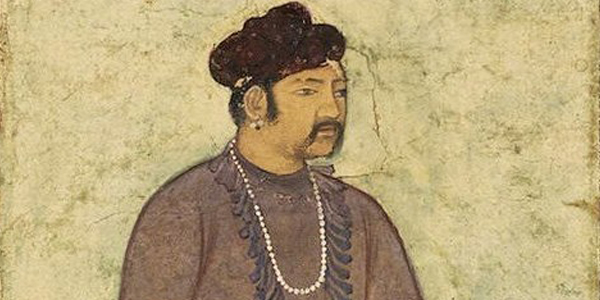Asia 561A (010): Asian Empires, Colonialism and Nationalism
Winter Term 1, September- December, 2020
Monday: 4 to 6.30 PM
Details:
For most of human history societies around the world were organized under the auspices of empires. However, when we think of empires we commonly think only of European empires, in particular Roman, Spanish and British. Theoretical rigour would tell us that this is a Eurocentric way of framing world history. In the spirit of comparative analysis and interdisciplinary orientations we must think about Asian empires, particularly Qing, Mughal and Ottoman.
In the first part of this course we begin with a conceptual conversation focusing on Asian empires and what we can learn about such themes as political order, sovereignty, representation, culture, ethnicity, innovation and borders under Asian systems of governance.
The second part of the course looks at what went “wrong” with Asian empires and why the colonial project succeeded. European colonialism in Asia produced a powerful response in the form of anti-colonial struggles and massive cultural transformations. In the final part of the course we examine what sort of individuals led these struggles as it is increasingly becoming evident that the sharp polarity between the coloniser and the colonized is not the only story. Post-colonial theorists like Homi Bhabha speak of “mimetic subjects” and Spivak of “domesticated selves.”
How helpful are these categories for those interested in cultural analysis and social history? Or do we need to go back to classical theorists like Franz Fanon who thought in terms of autonomous historical agents at the forefront of revolutionary change and racial justice. In discussing all these themes students will be encouraged to think comparatively, beyond the established canon and reflect on the central importance of Asia in global history.
Note: This course meets the Department of Asian Studies requirement for a pan-Asia theory course within the Department.
Register here!



